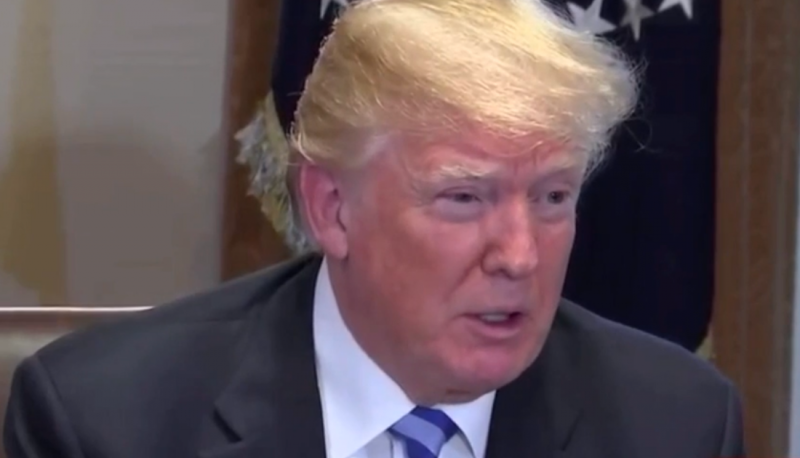“Confirmed Judges, Confirmed Fears” is a blog series documenting the harmful impact of President Trump’s judges on Americans’ rights and liberties. Cases in the series can be found by issue and by judge at this link.
In the March 2020 ruling in Knight First Amendment Institute v. Trump, almost every Second Circuit Court judge decided not to rehear a previous ruling that President Trump could not block people from his Twitter account because he disagrees with their political views. But Trump judges Richard Sullivan and Michael Park dissented, claiming that although Trump uses the account as an important vehicle for his official communications, the account is personal in nature and thus not a public forum. George W. Bush appointee Barrington Parker criticized the dissent, noting that it “misconstrues the applicable law.”
In July 2019, a unanimous three-judge panel of the Second Circuit affirmed a 2018 district court decision that ruled that Trump’s blocking of personal Twitter accounts was unconstitutional. The suit was brought by several people who had been so excluded, along with the Knight First Amendment Institute. The court explained that because Trump was using the account as a crucial platform for communicating official announcements and other actions, he had created a public forum from which, under settled First Amendment law, people could not be excluded based on their point of view. The Trump Justice Department tried to get the full court to reconsider and rehear the case.
Almost every active judge on the Second Circuit declined to grant rehearing, including several George W. Bush appointees as well as Trump appointee Joseph Bianco. But Trump judges Park and Sullivan dissented. They argued that Trump’s Twitter account was private, and that its use to convey official actions does not make it a public forum.
Bush appointee Barrington Parker explained in a detailed concurring opinion what was wrong with the dissent. He noted that the record showed that Trump has used the Twitter account as a “primary vehicle for his official communications” and “official statements on a wide variety of subjects.” Unless blocked, any member of the public can [get] directly access [to] those communications and “respond to and engage” with him. Under the First Amendment, Parker went on, “this dialogue creates a public forum,” and it violates the Constitution when Trump “excludes persons from the dialogue because they express views with which he disagrees.” The court’s decision, Parker concluded, “is consistent with every precedent of this Court” as well as with “Supreme Court precedent.”
The dissent, on the other hand, “misconstrues the applicable law and overstates the scope of the panel’s holding,” Parker explained. It “fails to ever seriously address” the fact that Trump’s exclusion of those who disagree with him “blocks them from access” to a public forum that he himself created, Parker noted, and “ignores” the ruling’s “detailed discussion” of the account as an “official channel of communication.
Overall, Parker concluded, the argument of the Trump judges’ dissent “is directly contradicted by the Supreme Court” and “fails to offer anything beyond conclusory claims” that the standards for rehearing have been met in this case. Trump’s DOJ may well take the case to the Supreme Court, and Trump justices there could yet reverse the Second Circuit decision. But for now, at least, Trump’s blatant attempt to restrict access to a public forum to those he agrees with has been appropriately rejected.

